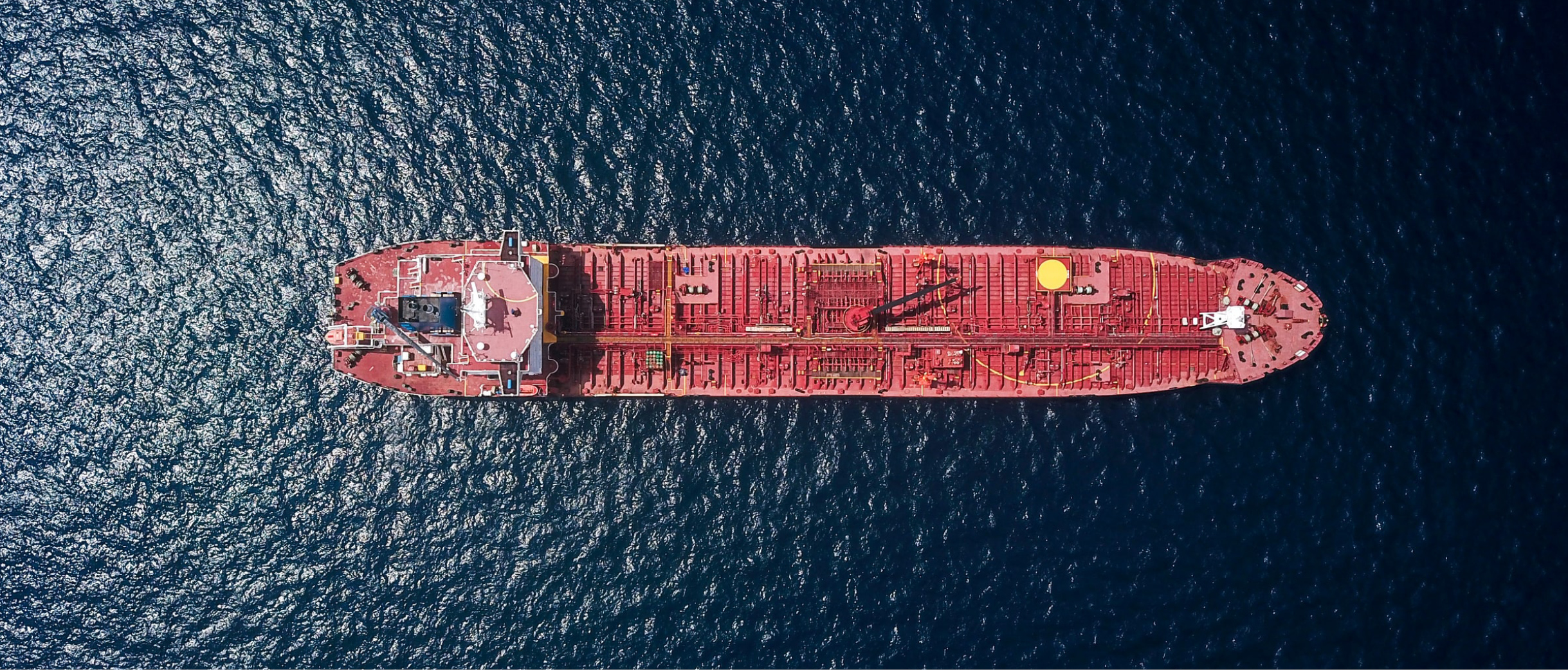
Vancouver is a marine hub, a port for trade and shipbuilding that draws traffic from all over the world into BC’s coastal waters. These waters are also home to North America’s dwindling population of endangered Southern Resident Killer Whales, one of many marine species threatened by the underwater noise pollution ships generate. This begs the question; how do we foster a vibrant marine industry while also protecting our coastal wildlife?
Faculty from UBC’s Naval Architecture and Marine Engineering program have received Industrial Research Chairs from the Natural Sciences and Engineering Research Council of Canada (NSERC) to study next-generation intelligent and green marine vessels (IGMVs). Dr. Rajeev Jaiman and Dr. Jasmin Jelovica bring their respective expertise in computational fluid mechanics and fluid-structure interaction as well as advanced techniques for analysis and optimization of multifunctional structures for marine vessels to this exciting new project. Their research on IGMVs aims to create efficient vessels that not only produce less greenhouse gas emissions, but also less harmful underwater noise.
Dr. Jaiman and Dr. Jelovica will take on the project from different angles, collaborating to develop simulations that predict the characteristics of ship behaviour in motion. This will allow them to then create new design tools, that not only look at how to build a greener ship but how it can be operated in a more efficient and sustainable way.
Dr. Jaiman’s team will look at hydrodynamics and fluid-structure interaction, taking the unique approach of using both physics-based and data-driven models. Applying machine learning techniques to this investigation, his group is also looking at laying the scientific groundwork for the creation of intelligent vessels that learn from experience to optimize their performance. Dr. Jelovica’s research group will address structural mechanics, welding and optimization – investigating how a ship behaves during loading, and how new materials and panel structures could improve its efficiency while reducing the amount of radiated underwater sound the hull produces as it moves through the water. Dr. Jelovica will also look into improvements in the efficiency of hull and propeller shapes, as well as using thinner plates in construction.
The research on these new vessels will happen in collaboration with Seaspan Shipyards, and their partner companies Serco Canada, Vard Marine, and Robert Allan Ltd. By working with Seaspan, this research also supports Canada’s National Shipbuilding Strategy, as the company is a strategic partner in the effort to renew the national fleet of Navy and Coast Guard vessels. With this collaboration, research on Intelligent and Green Marine Vessels contribute to Canadian industry innovation and competitiveness, and a large-scale national marine project, while creating new generation of technology that protects our ocean ecosystems.
We acknowledge the generous support from NSERC and Seaspan in funding this research, and thank our industry partners Robert Allan, Vard Marine, and Serco Canada Marine.

